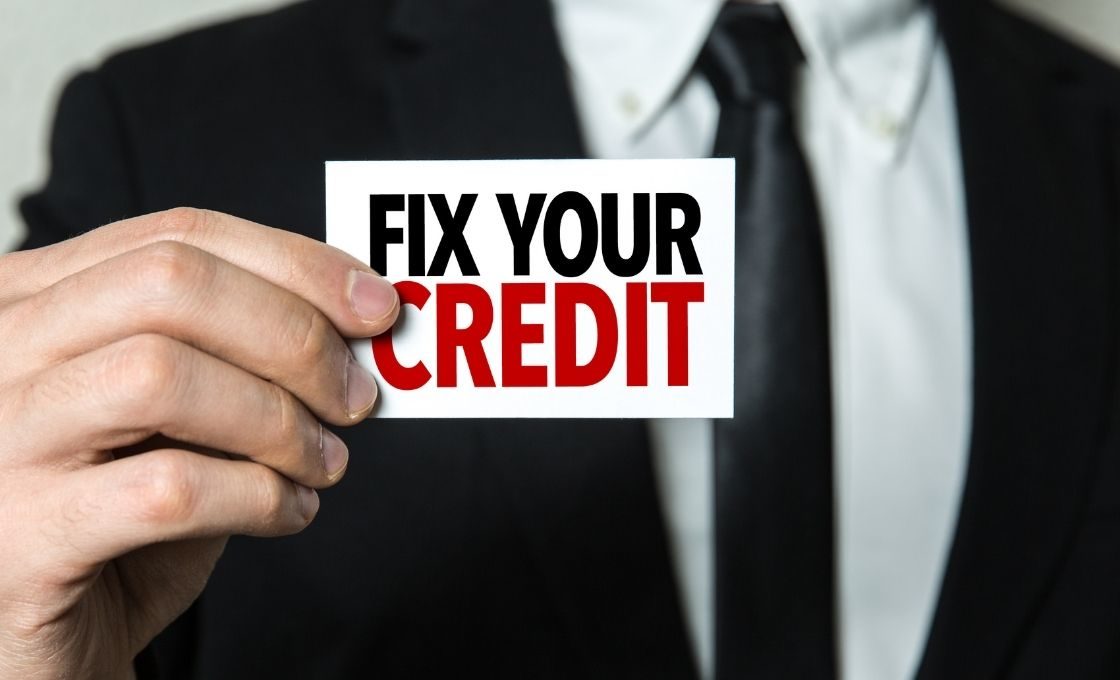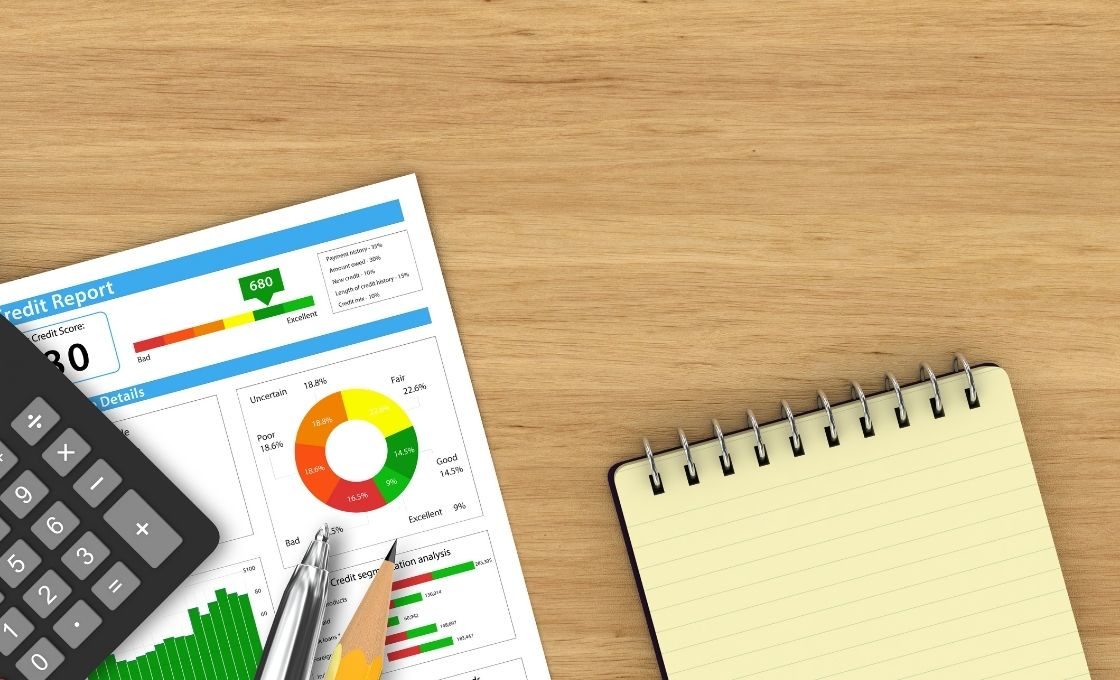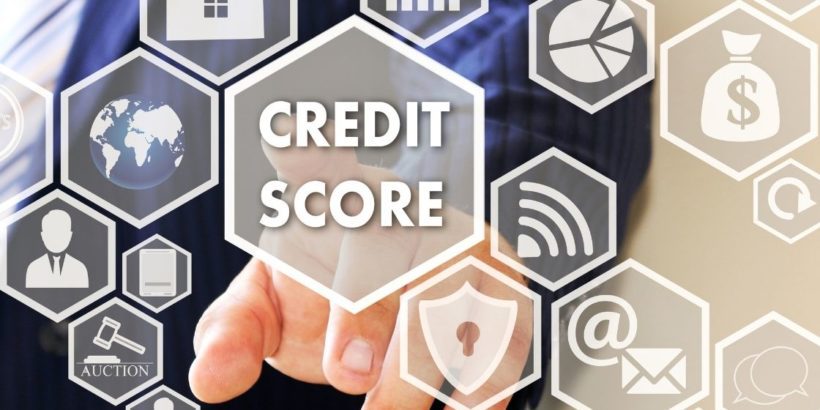Are you trying to improve your credit score by 200 points or more? Are you wondering what is actually possible and realistic in terms of improving your credit profile?
Well, I once increased my credit score by 200 points in a matter of months and so I am uniquely qualified to tell you how it can be done.
It’s definitely not something that everybody can do but there are different steps you can take to at least come close to your credit goals.
In this article, I’ll break down everything you need to know about boosting a credit score by a couple of hundred points.
Table of Contents
How your credit score is calculated
Before jumping into the different ways to bolster your credit score and credit report, it helps to have a general understanding of how your score is determined.
FICO determines your credit score in the following ways:
- Payment History (35%)
- Utilization (30%)
- Credit History (15%)
- New Credit (10%)
- Mixed Credit (10%)
I’ll show you how each of these factors can be improved below but the key take away is to note that not every factor is weighed the same (or even close to the same).
Tip: Use WalletFlo for all your credit card needs. It’s free and will help you optimize your rewards and savings!
The strategy
The trick with raising your credit score is that you have to strategically address the deficiencies in your credit score in order to see maximum benefit.
For example, if payment history is dragging you down and you are focusing on getting your utilization down from 30% to 5%, that is only going to do you so much good.
There is rarely a “one size fits all” approach to improving your credit so you want to take each factor and analyze it individually to see where your best opportunities for improvement are.
Factors to improve your score by 200 points
Below are the factors that you want to think about when trying to improve your credit score by a large amount. You won’t need to address all of these factors but it will help to know which ones to pursue and how much they can benefit your score.
Payment history
Payment history is the number one factor that determines your credit score.
The harsh truth is that in most cases if you have missed a payment or multiple payments and if that is the main blemish on your credit report, there may be nothing you can do except wait for that negative mark to diminish.
Late payments will take seven years to disappear from your credit report which sounds very depressing but the good news is that the full negative impact from the late payment will begin to diminish much quicker than seven years.
How badly a negative payment will affect you depends on a few factors.
One major factor is how late the payment was.
A late payment of 30 days is much less worse than a late payment of 90 or 120 days. Also, having one isolated late payment is not as bad as having multiple late payments.
So if you have several late payments and some of those are 90 days or more, you will need to keep your expectations realistic because your path to a 200 point increase is going to take much more time.
Another aspect to consider is that different credit models will penalize you differently for late payments.
The most recent model known as the FICO 10 increased the penalty for late payments but that model will likely not be used widespread for a while because it is so new.
If you don’t want to just “wait out” the effect of your negative payment and want to be proactive, one of the first things that you can do is send a goodwill letter.
This is basically a letter that just asks the entity that reported the late mark to be sympathetic and remove the late payment.
Many times this is a “Hail Mary” approach because many businesses will not remove the late payment. But because it is so easy to draft a goodwill letter and to send it off it is usually recommended to give it a shot — you never know if luck might be on your side.
Another approach is to do some research of your own to see if there is any argument that your late payment should be removed.
I did this back when I had late payments removed from my credit report for student loans. Admittedly, I have a background in law so this was more practical for me but I don’t believe you need to go to law school to attempt it.
I was able to find some regulations that I believed called for my late payments to be removed and I sent a firm letter to the financial institution and they ended up removing the late payments.
This helped catapult my score and it is the main reason I was able to increase it by over 200 points.
In some cases, you can take a more aggressive approach and hire an agency or an attorney to contact the business/collections and request the late payment to be removed or negotiate some type of deal.
I’ve personally done this with success in the past.
It required my client to pay a portion of the outstanding payment and the collections agency agreed in exchange to remove the late payment from the credit report.
This can be a very risky approach for a couple of reasons.
First, you need to have all of these things in writing because it’s possible a shady collections company could take your money and simply not remove the late payment.
Second, there are a lot of people out there who will happily take your money in order to improve your credit report but they may not always have the expertise or the skills to get late payments removed.
Others might even resort to somewhat unethical tactics to get the late payments removed.
So I would be very cautious about paying anyone who is promising that your late payments will get taken off your credit report.

Utilization
The easiest way to increase your credit score by a substantial amount is to reduce your utilization.
Credit card utilization is also called your credit to debt ratio and it looks like at how much of your current credit lines you are currently using.
So for example if you have $10,000 in total available credit and you are using $3,000 of that, your utilization is 30%.
This factor makes up 30% of your credit score so if it is the main factor holding you back, simply paying down your credit cards can be the only step necessary to see a huge boost in your score.
Typically, I recommend getting your utilization down to somewhere around 5% if possible although just getting it to 30% can do wonders for some people.
You don’t want it to hit 0% because in the eyes of lenders you look like someone who does not use their credit which means you may not be as experienced in managing it.
So if you are trying to optimize your credit score try to keep your utilization around 1% to 5% by paying your bill off at the right time.
A fast and easy method for increasing your utilization is to get added as an authorized user to someone else’s account.
If that other individual is responsible and you can trust them to not miss a payment, and they have a high credit limit, your credit score can benefit a lot from them.
Another solution is to do a balance transfer to a business credit card that does not report to your personal credit report.
This will allow your credit card balance to essentially disappear, thus boosting your utilization instantly.
Related: How to Improve Your Credit Score Fast

Credit history
Another way that getting added as an authorized user can help boost your credit score is to lengthen your credit history.
If you only have very limited credit history such as one credit card that has been open for six months, you could get added to an established credit card that has been around for years or even decades.
This would help dramatically increase your credit history but there are some caveats.
First, credit history is only 15% of your credit score so it is not a super influential factor. Payment history and utilization are far more important.
Also, the most important factor for credit history is the age of your oldest account so if your oldest account is very young there is only so much you will be able to do.
You could still go the authorized user route in that case but credit models have ways to decrease the benefit to authorized users, so the benefits you gain from getting added as an authorized user will hit a ceiling at some point.
Related: Does Closing Your Credit Card Hurt Your Credit Score?
New credit
The new credit category makes up 10% of your score, and it looks at two major things: recent inquiries and new accounts opened.
Typically, a hard inquiry will only drop a credit score around three to five points. But if you have a lower credit score, that drop could be much more significant.
This is especially true if you have multiple hard inquiries.
So it is paramount that if you are trying to increase your credit score, you need to avoid applying for a lot of credit because those inquiries could do a number on your score.
The other factor is new accounts opened. You’ll want to limit the number of new accounts if you are trying to bump your score up by 200 points.
One thing to note is that in some cases you will need to open up new accounts in order to begin establishing your credit history and building up your credit profile.
So if you are trying to increase your score by 200 points in the long run, then applying and opening accounts makes sense and you will just have to deal with the temporary drop knowing that it’ll pay off in the long run.
Related: Why Did My Credit Score Go Down After Opening Up A Credit Card?
Credit mix
Credit mix looks at how diverse your different credit lines are. There are two major types of credit lines: installment and revolving credit lines.
To optimize this category, you would want to have a mixture of something like credit cards and installment loans which include auto loans or home loans.
There are a couple of considerations to think about with this category though.
First, this only makes up 10% of your credit score and is considered the least important factor. Often, the only people who truly care about this factor are those striving for something like a perfect credit score.
Second, the consequences of obtaining some of these loans are pretty high because they typically are higher amounts that require more long-term obligations.
So you definitely don’t want to go rushing into obtaining loans just to benefit your mixed credit.
For those reasons, I would make mixed credit the lowest priority when trying to bolster your score a couple of hundred points.
FAQs
It is possible to quickly increase your credit score by 200 points but it is not easy and you may have to rely on a little bit of luck. For most people, increasing their score by 200 points is a more medium to long-term goal.
Getting late payments removed from your credit report can be extremely difficult and so you should be cautious about paying anybody who makes promises about removing late payments. With that said, it can be done.
If utilization is holding back your score, then paying down your credit card debt is the easiest way to increase your score.
Final word
Improving your credit score by 200 points is usually a medium term to long-term goal depending on the steps you take and the factors that need to be addressed.
However, in some cases you might be able to increase your credit score by 200 points in just a month or two like I did. It might require a little bit of luck and a lot of research but it can be done.
Daniel Gillaspia is the Founder of UponArriving.com and the credit card app, WalletFlo. He is a former attorney turned travel expert covering destinations along with TSA, airline, and hotel policies. Since 2014, his content has been featured in publications such as National Geographic, Smithsonian Magazine, and CNBC. Read my bio.

